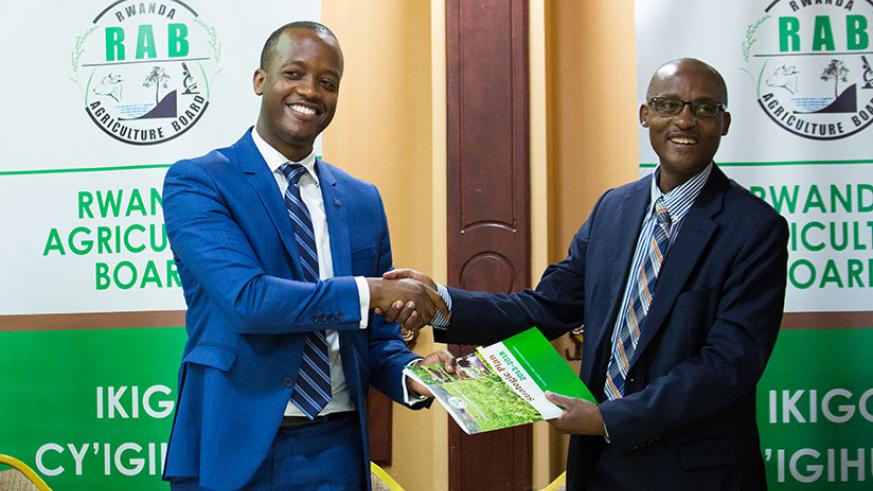Nine months after Kenya declared ban on the use of plastic bags, the country is still faced with environmental pollution caused by the use of plastic bottles.
This is a major problem considering the huge percentage of comfort it offers manufacturing companies for preservation of their goods and the usage by consumers daily.
The Kenya Association of Manufacturer (KAM) in collaboration with the Ministry of Environment and the National Environment Management Authority (NEMA) are working towards developing better systems to manage the use of plastic bottles in Kenya.
Manufacturers have committed to initiate eco-friendly strategies and develop comprehensive recycling schemes guided by circular economy principles, aimed at promoting responsible and sustainable management of waste Polyethylene terephthalate (PET) bottles.
According to the Ministry of Environment Cabinet Secretary Keriako Tobiko, he said that the Ministry is open to enabling transformative partnerships to undertake public awareness on anti-littering and education programs.
“We are happy to formalise on-going collaborations that now set us on a clear road map on plastic bottles management. We will embark on awareness creation and work closely with County Governments and other stakeholders on waste management,” Mr. Tobiko said.
Providing an integrated end-to-end waste management solution is critical, particularly in urban areas where plastic pollution is prevalent.
Experts have proposed innovative waste management solutions such as recycling both for both environmental and the economic benefits.
According to Flora Mutahi, KAM chairperson, she said that the partnership is aimed at promoting a clean, healthy and secure environment within the framework of the Green Economy Strategy.
“The aim of the Framework of Co-operation is to enable the collaboration between the Ministry, NEMA and industry towards the sustainable management of waste PET bottles,” Ms Mutahi said.
Under the partnership, Kam has committed to the implement structured and sustainable take-back schemes and extended producer responsibility schemes for the management of PET waste bottles.
Also to support the project, cleanup activities and awareness campaigns will be conducted in partnership with the ministry and other relevant government agencies targeted at end users in order to foster a culture of responsible waste disposal.
The Ministry intends to facilitate intergovernmental relations amongst county governments and government agencies as well as formulate necessary policy and legislation to support sustainable PET waste management in the country.
Kam CEO Phyllis Wakiaga termed the commitment as a significant milestone for the country as it will enhance sustainable resource management and circular economy as well as support the growth of the recycling industry along the manufacturing and waste management value chain.


